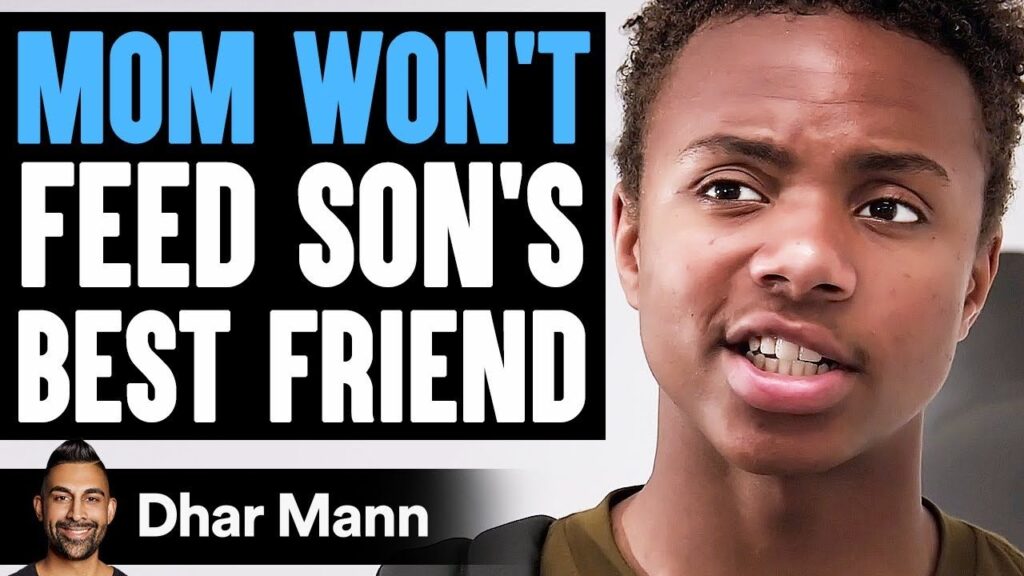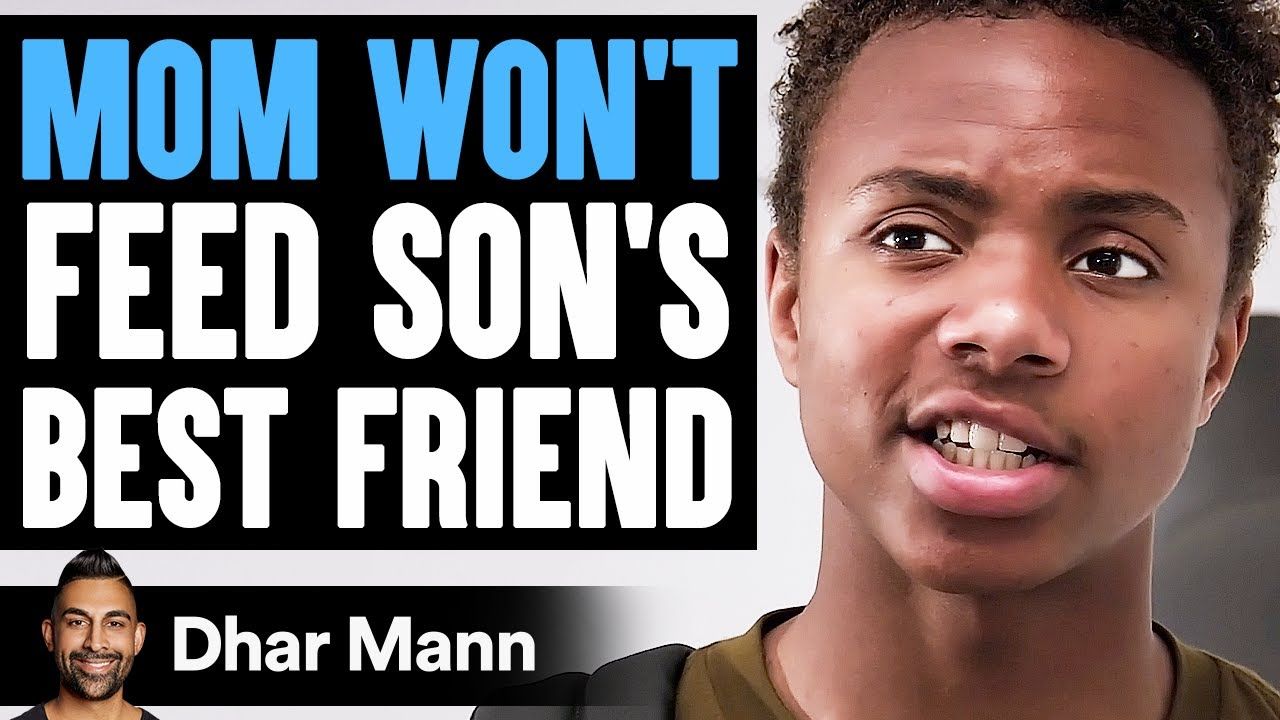
Navigating the Social Landscape: Understanding My Son’s Best Friends
As parents, we often find ourselves deeply invested in our children’s lives, wanting to ensure they are surrounded by positive influences and supportive friendships. Understanding my son’s best friends is a crucial part of this process. It’s about more than just knowing their names; it’s about understanding their values, their impact on my son, and the dynamics of their relationships. This article aims to provide a comprehensive guide to navigating this social landscape, offering insights into how to foster healthy friendships and address potential concerns.
The Importance of Peer Relationships
Peer relationships play a significant role in a child’s development. They provide opportunities for social interaction, emotional support, and the development of crucial life skills. Through friendships, children learn how to negotiate, compromise, and resolve conflicts. They also develop a sense of belonging and identity. My son’s best friends, in particular, have a profound influence on his behavior, attitudes, and self-esteem. The friends he chooses reflect his own values and aspirations, and the relationships he cultivates shape his understanding of the world.
Social Development and Friendships
Social development is a continuous process that begins in early childhood and extends throughout adolescence and adulthood. Friendships are a key component of this development. They allow children to practice social skills, such as communication, empathy, and cooperation. My son’s best friends provide him with a safe space to experiment with different social roles and behaviors. They also offer feedback and support, helping him to develop a stronger sense of self. Positive friendships contribute to a child’s overall well-being, reducing feelings of loneliness and isolation.
Emotional Support and Resilience
Friendships also provide emotional support during challenging times. When children face difficulties at home or at school, they often turn to their friends for comfort and understanding. My son’s best friends can offer a listening ear, a shoulder to cry on, or simply a distraction from their problems. This emotional support helps children to cope with stress and build resilience. It also teaches them the importance of empathy and compassion, as they learn to support their friends in return. The bonds forged through shared experiences and mutual support can last a lifetime.
Getting to Know My Son’s Best Friends
One of the most effective ways to understand the influence of my son’s best friends is to get to know them personally. This doesn’t mean intruding on their privacy or becoming overly involved in their relationships. Instead, it means creating opportunities for interaction and observation. Invite them over for playdates or activities. Attend school events or sporting games where they are participating. Simply being present and observant can provide valuable insights into their personalities, their interactions with my son, and the overall dynamics of their friendship.
Creating Opportunities for Interaction
Creating opportunities for interaction can be as simple as inviting my son’s best friends over for a pizza night or a backyard barbecue. These informal gatherings allow them to relax and interact in a natural setting. It’s also an opportunity for me to observe their behavior and interactions without being intrusive. I can listen to their conversations, watch how they treat each other, and get a sense of their values and interests. These observations can provide valuable insights into the nature of their friendship and its potential impact on my son. [See also: Building Strong Family Relationships]
Observing Interactions and Dynamics
When observing the interactions between my son’s best friends, pay attention to the following: How do they communicate with each other? Are they respectful and supportive? Do they share common interests and values? Do they engage in positive or negative behaviors? Are there any signs of bullying or unhealthy competition? These observations can help me to assess the overall quality of their friendship and identify any potential concerns. It’s important to remember that all friendships have their ups and downs, but consistently negative or unhealthy behaviors may warrant intervention. Understanding the dynamics among my son’s best friends is a key to helping my son navigate his social world.
Addressing Potential Concerns
While most friendships are positive and beneficial, there may be times when concerns arise. Perhaps my son’s best friends are engaging in risky behaviors, or they are exhibiting negative influences. In these situations, it’s important to address the concerns in a calm and constructive manner. Avoid criticizing or belittling his friends, as this may alienate him and damage your relationship. Instead, focus on expressing your concerns about specific behaviors and their potential impact on his well-being. Open and honest communication is key to resolving conflicts and fostering healthy friendships.
Communicating Concerns Effectively
When communicating concerns about my son’s best friends, it’s important to be clear, specific, and respectful. Avoid generalizations or accusations. Instead, focus on specific behaviors that are causing concern. For example, instead of saying “Your friends are always getting into trouble,” try saying “I’m concerned about the fact that you and your friends were caught skipping school yesterday.” This approach is less accusatory and more likely to be received positively. It’s also important to listen to my son’s perspective and understand his reasons for choosing these friends. There may be underlying issues that need to be addressed. Talking about my son’s best friends openly is a good thing.
Setting Boundaries and Expectations
In some cases, it may be necessary to set boundaries and expectations regarding my son’s best friends. This may involve limiting the amount of time he spends with them, restricting certain activities, or requiring him to adhere to certain rules when they are together. These boundaries should be clearly communicated and consistently enforced. It’s also important to explain the reasons behind the boundaries, so that he understands the rationale and is more likely to comply. Setting boundaries is not about controlling his friendships; it’s about protecting his well-being and ensuring that he is surrounded by positive influences. It’s vital to supervise interactions with my son’s best friends, especially when they are engaging in activities that could pose a risk. [See also: The Importance of Open Communication in Families]
Fostering Healthy Friendships
Ultimately, the goal is to foster healthy friendships that support my son’s growth and development. This involves encouraging him to choose friends who share his values, respect his boundaries, and support his goals. It also involves teaching him how to be a good friend in return. This includes being loyal, trustworthy, and empathetic. By modeling healthy relationships and providing guidance and support, I can help him to navigate the social landscape and cultivate meaningful friendships that will enrich his life. It is important to discuss what makes a good friend and the qualities to look for in my son’s best friends.
Encouraging Positive Social Skills
Teaching positive social skills is essential for fostering healthy friendships. This includes teaching him how to communicate effectively, resolve conflicts peacefully, and empathize with others. Role-playing scenarios can be a helpful way to practice these skills. For example, I can role-play a situation where he and a friend disagree about what game to play, and then guide him through the process of finding a compromise. I can also encourage him to participate in activities that promote social interaction, such as team sports or community service projects. By developing strong social skills, he will be better equipped to build and maintain healthy friendships with my son’s best friends.
Modeling Healthy Relationships
Children learn by observing the adults in their lives. Therefore, it’s important to model healthy relationships in my own life. This includes treating my friends and family with respect, communicating effectively, and resolving conflicts peacefully. It also means demonstrating empathy and compassion. When he sees me engaging in healthy relationships, he is more likely to emulate these behaviors in his own friendships. By modeling healthy relationships, I can provide him with a valuable example of how to build and maintain meaningful connections. The kind of friends I have can influence who my son’s best friends will be.
Conclusion
Understanding my son’s best friends is an ongoing process that requires observation, communication, and guidance. By creating opportunities for interaction, addressing potential concerns, and fostering healthy friendships, I can help him to navigate the social landscape and cultivate meaningful relationships that will enrich his life. These friendships play a crucial role in his social and emotional development, providing support, companionship, and opportunities for growth. As parents, our role is to provide a supportive environment where he can develop strong social skills and build lasting friendships. Knowing my son’s best friends is a key part of that role. Supporting his friendships with my son’s best friends is a way of supporting him.

